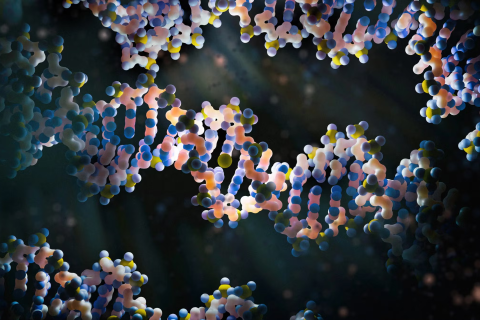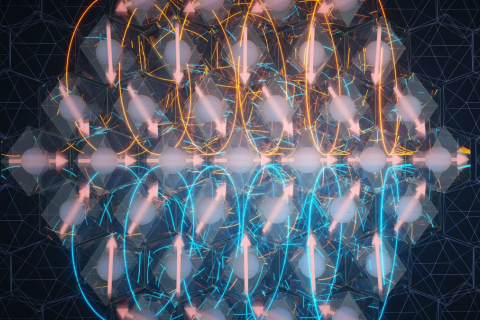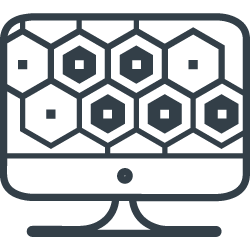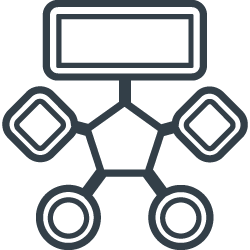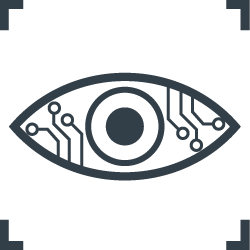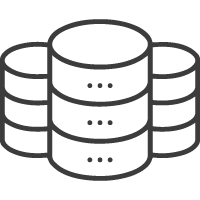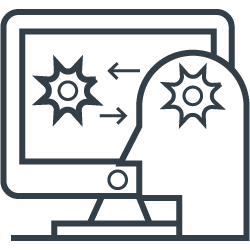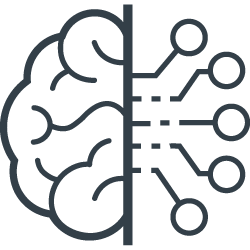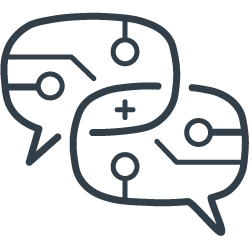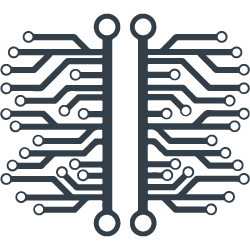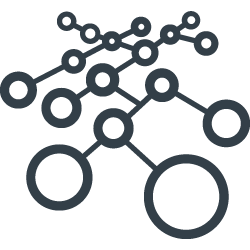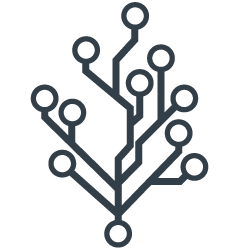Research
UT Computer Science is among the world’s leading centers of excellence across all major research thrusts in computer science as well as in key application areas.
Research Areas
Artificial Intelligence
AI addresses the challenges of machine cognition, spanning the theoretical and empirical across diverse subfields such as machine learning, computer vision, NLP, and robotics.
Bioinformatics & Computational Biology
Bioinformatics and computational biology utilize biologically inspired AI and ML methods to solve complex problems and applies data mining to biological experiments.
Computer Architecture
Computer Architecture research lies between software and hardware, exploring the foundational implementation and method of how computers function.
Computer Vision
Computer vision trains computers and systems to identify, classify, and interpret digital images and video, allowing them to “understand” the visual world.
Databases
Database research centers on addressing fundamental data management problems and developing prototype data systems to empower users in real-world scenarios.
Formal Methods
Formal methods uses mathematical techniques to assist with specification, design, implementation, and verification to make hardware and software systems more reliable.
Graphics & Visualization
Graphics and visualization studies methods for manipulating and interacting with digital images and visual content as well as processing and modeling datasets.
Human-Computer Interaction
Human-computer interaction studies the connection between humans and the design of computing technologies. UTCS HCI makes communication more effective and accessible.
Intelligent Robotics
AI roboticists create independently functioning agents that integrate perception, decision-making, and action to perform tasks in the real world relevant to a variety of applications.
Machine Learning
Machine learning is a branch of artificial intelligence (AI) focused on enabling machines to learn from data and make decisions with minimal human intervention.
Natural Language Processing
Natural language processing helps computers comprehend, decipher, and manipulate text and spoken words—bridging the gap between human language and machine communication.
Parallel Computing
Parallel computing researchers pursue computational efficiency by breaking down long calculation processes into smaller tasks that can be solved simultaneously.
Programming Languages & Compilers
PL and compiler research delves into novel techniques to transform the way software is expressed in written form, enhancing program efficiency and durability.
Scientific Computing
Scientific computing research is at the intersection of mathematics and computer science, using advanced computing capabilities to solve complex problems.
Security & Privacy
Security research uses theoretical and applied approaches to increase information safety in systems while simultaneously exposing security flaws.
Systems & Networking
Systems research builds large prototype software systems that convincingly demonstrate novel design principles and implementation techniques using realistic workloads.
Theoretical Computer Science
Theory focuses on the theoretical foundations of computer science and frequently relies on rigorous mathematical proofs. Potential applications include algorithm design and quantum computation.
Upcoming Seminars
No upcoming events are available at this time. Please check back soon!





